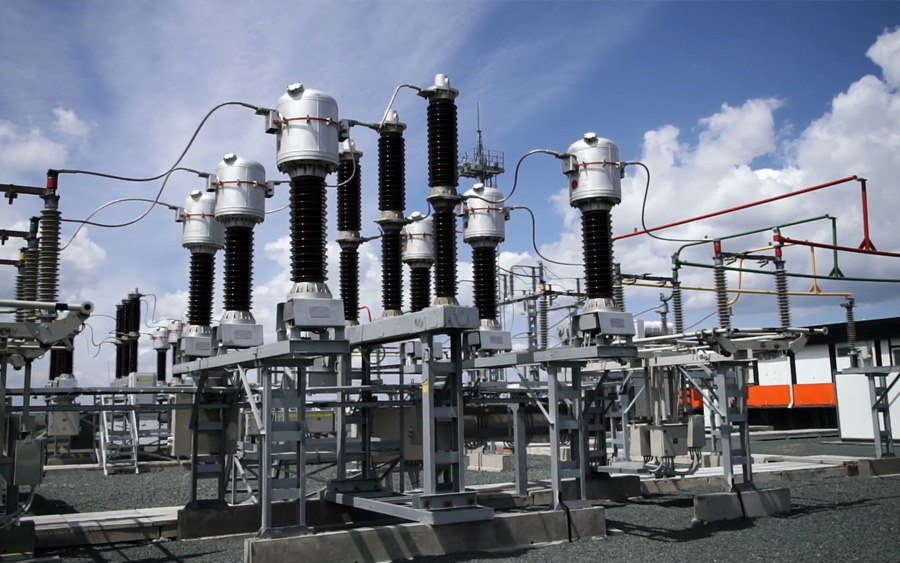Tinubu’s Government Strikes ₦4 Trillion Deal With GenCos to Clear Power Sector Debts

The Federal Government has reached an agreement with power generation companies (GenCos) to begin the settlement of an estimated ₦4 trillion debt owed within the electricity value chain.
The deal, finalized after extensive negotiations between the Ministry of Power, the Nigerian Electricity Regulatory Commission (NERC), and representatives of the GenCos, marks a major step toward restoring confidence and liquidity in the power sector.
Minister of Power, Chief Adebayo Adelabu, disclosed that the government is committed to resolving legacy debts owed to generation companies for electricity supplied to the national grid.
He explained that the payment plan will be implemented in phases, combining cash settlements and financial instruments backed by the Ministry of Finance.
According to Adelabu, the initiative aligns with President Bola Tinubu’s renewed efforts to stabilize the power industry and attract fresh private sector investments.
“The government recognises the vital role GenCos play in ensuring steady electricity supply. Clearing these debts will unlock more generation capacity and improve power supply nationwide,” Adelabu said.
Industry sources revealed that the first tranche of payments would cover verified debts owed by government-owned bulk purchasers, while subsequent tranches would target obligations accumulated over the years under various market settlement frameworks.
The development comes as part of the administration’s broader reforms to strengthen Nigeria’s electricity market, enhance liquidity, and support the transition toward a more sustainable and reliable energy system.
This landmark agreement, however, is not without its conditions. GenCos are expected to commit to specific performance and capacity improvement benchmarks as a reciprocal measure for receiving the debt settlements. These performance metrics, which will be strictly monitored by NERC, aim to ensure that the liquidity injected into the sector directly translates into a tangible increase in electricity generation and grid stability, thereby moving beyond just debt clearance to actual operational enhancement. Analysts suggest this structured conditionality is crucial to preventing the re-accumulation of unsustainable debts and to establishing a culture of accountability and efficient service delivery within the entire electricity value chain









